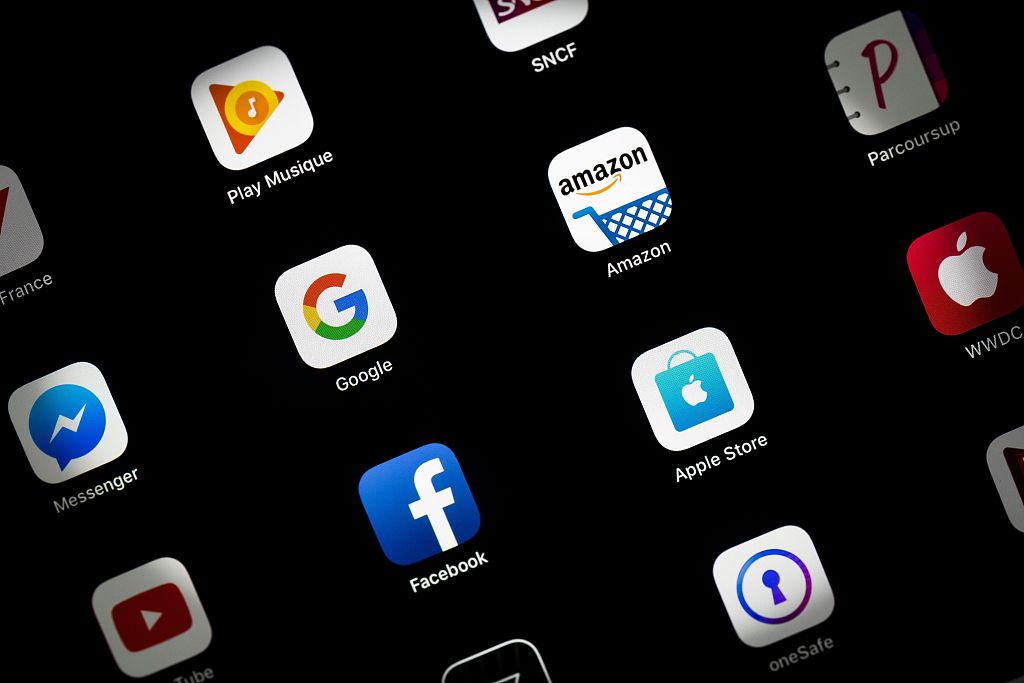What is China like? For Twitter and Facebook users, demonizing China has seemingly become "political correctness." No matter how much one knows about China, saying something negative will most likely receive a boost.

Photo: VCG
Search "China" on Twitter, and you will find dozens of hashtags defaming the country, such as #NaziChina and #boycottChina. "It is normal to see China detain whoever disagrees with the CCP." Rumors and hatred fill the screens.
Dissenting voices - supportive and positive ones - do exist, but most of them are regarded as "propaganda" and "brainwashing." Khaosod English, a Thai newspaper, tweeted news published by China's Xinhua News Agency, and certain netizens got furious, with one saying the media outlet has "joined ranks with autocrats and dictators."
In the internet era, social media is imperceptibly shaping people's views of the world. Information overload makes it hard for people to discern truth from lies. So people tend to follow the majority, believing what the majority believes, and say what others say. Worse, people are prone to radical and extreme ideas on social media and are easily fired up.
A 2017 Pew Research Center analysis of over 200,000 press releases and Facebook posts from the official accounts of 114th US Congress members shows that "posts that contained political disagreement and indignant rhetoric were far more likely to elicit user engagement than posts that did not."
It is people's conformity mind-set and impressionable nature that can easily become a dangerous tool which institutions and people with ulterior motives capitalize on. As what former Google advertising executive James Williams said, social media is "designed to exploit our psychological vulnerabilities in order to direct us toward goals that may or may not align with our own."
Take China's case. Reasonable and objective analyses of the country can attract little attention; only radical views attract clicks. The mud some people have thrown at China and at the Chinese people cannot be explained by "freedom of speech," but should be categorized as cyber violence.
China is definitely not the nation some portray on social media. How many of them have been to China? How much do they know about China and things happening in this country? What these netizens said may be just blindly echoing certain ill-intentioned forces. This being the case, major social media platforms like Twitter and Facebook should take action, by preventing their sites from being the fertile soil for extremism and violence. In contrast, they silence opinions that don't conform to their "political correctness."
We hope that the platforms can stop encouraging cyber violence against China and at least show some respect to different ideas. It is also hoped that netizens see the truth with their own eyes, rather than be deceived by some so-called opinion leaders.


